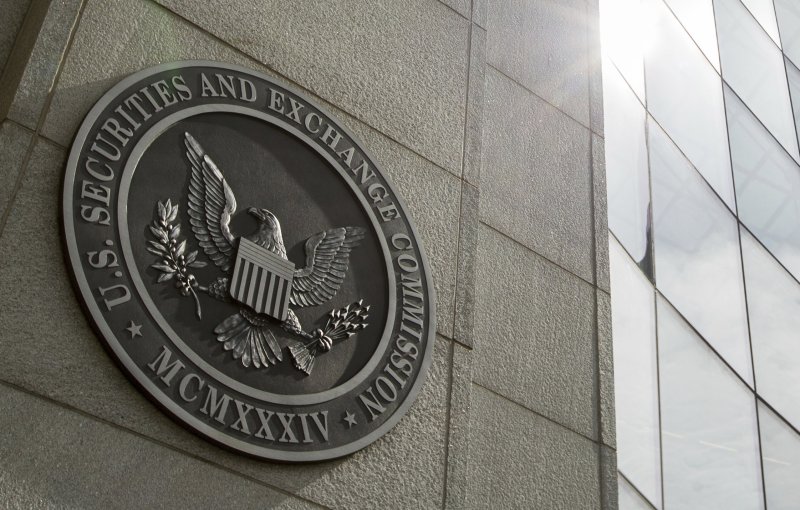Following Wall Street, Fintech Giants Also Accelerate Real World Asset Tokenization [Crypto Briefing]
- Input
- 2025-10-27 13:56:20
- Updated
- 2025-10-27 13:56:20

[Financial News] As the Real World Asset Tokenization (RWA) market continues to grow, global fintech companies such as Robinhood Markets Inc. are joining the RWA sector, following major global asset managers like BlackRock. RWA refers to the process of converting not only financial assets such as stocks and bonds, but also real estate, artwork, and intellectual property (IP) into digital assets using blockchain technology. Fiat currency-based stablecoins are also considered part of the RWA category.
According to RWA.xyz, a Real World Asset Tokenization platform, the total RWA deposits excluding stablecoins reached $32.2 billion (about 46 trillion KRW) in the third and fourth quarters of this year. This marks a 28.8% increase from the previous quarter. During the same period, the market capitalization of stablecoins also rose by 18.6% to $296 billion (about 424 trillion KRW).
The expansion of the RWA market is driven by the direct entry of fintech companies such as Stripe and Robinhood Markets Inc. Robinhood Markets Inc. has officially announced the issuance of 'Tokenized Stock,' which tokenizes U.S. stocks and exchange-traded funds (ETFs) for users residing in Europe. In the area of loan tokenization, Figure Technology Solutions Inc. became the first RWA company to be listed on the U.S. stock market by going public on Nasdaq.
Donghyun Kang, a research fellow at the Korbit Research Center, explained, “Figure Technology Solutions Inc. provides a marketplace where mortgage-backed loans are tokenized on its proprietary blockchain, allowing for their sale, trading, and financing.” He added, “As of the end of last month, the company held a loan balance of $12.7 billion.”
However, the issue of RWA data transparency, which surfaced immediately after Figure Technology Solutions Inc.'s listing, is expected to become a key topic in future regulatory discussions. Kang noted, “The case of Figure Technology Solutions Inc. demonstrates that building a reliable data infrastructure must precede the growth in tokenization scale,” and predicted, “Discussions in the RWA market are likely to focus on legal compliance, technical standards, and data transparency as the sector seeks greater institutional acceptance.”
The starting point for RWA’s integration into the institutional framework is the 'Digital Asset Market Clarity Act of 2025,' currently under discussion in the United States Congress. This act clarifies the regulatory authority over the digital asset market between the U.S. Securities and Exchange Commission (SEC) and the Commodity Futures Trading Commission (CFTC). If passed, the RWA market is expected to gain further momentum. Park Yuaan, a researcher at KB Securities Co., Ltd., stated, “Discussions in the United States Congress regarding stablecoins, which will serve as currency in blockchain-based on-chain systems, have been settled for now. The focus is now shifting to expanding the RWA market, which creates assets that can be traded on-chain.” He added, “The SEC’s launch of 'Project Crypto,' which aims to transition the U.S. financial market to on-chain systems, is in line with this trend.”
Park further stated, “The SEC and CFTC plan to introduce additional rules supporting tokenized real world assets (RWA) within the year, with final regulations expected as early as the beginning of next year.”
As a result, there are growing calls for urgent discussions on expanding the scope of RWAs, including tokenized securities (STO), in South Korea. Im Minsu, a researcher at Hashed Open Research, emphasized, “Current STO discussions in Korea are focused only on the issuance and distribution of atypical securities such as investment contract securities and non-monetary trust beneficiary certificates. This narrow focus is likely to limit the tokenization of a broader range of real world assets, including standardized securities like stocks and bonds. Therefore, it is necessary to expand the regulatory framework to the more comprehensive concept of RWA.”
elikim@fnnews.com Kim Mi-hee Reporter